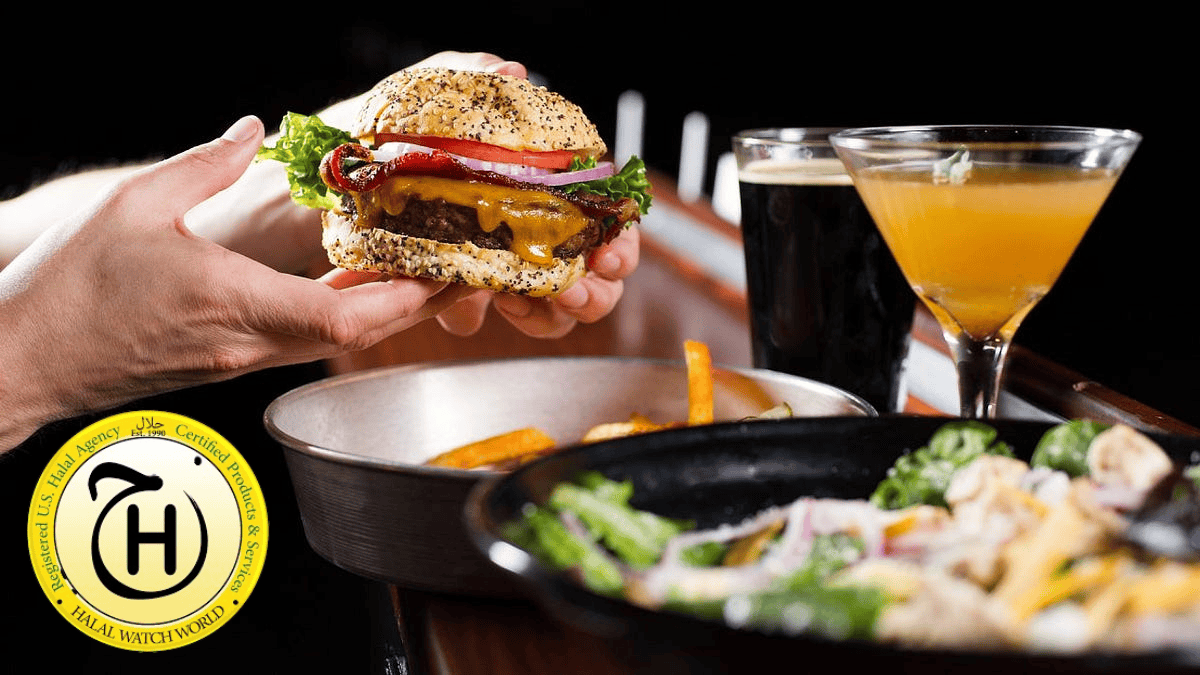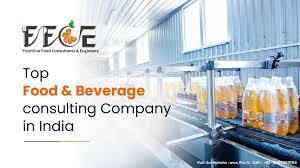Halal Food Certification in the USA: 2025 Guidelines and Requirements
In an increasingly diverse culinary landscape, the demand for halal-compliant food has surged significantly across the United States. For businesses aiming to tap into this growing market, obtaining proper halal food certification is not just a compliance step; it’s a strategic advantage. As we approach 2025, understanding the evolving standards, processes, and benefits of halal certification is essential for food producers, importers, distributors, and retailers.
Why Halal Certification Matters in the US Market
The US population includes millions of Muslim Americans, along with a broader audience seeking halal products for health, ethical, or cultural reasons. Halal certification in usa provides assurance that food products meet Islamic dietary laws, which prohibits the consumption of pork, alcohol, and animals not slaughtered according to specific methods. This certification builds trust with consumers and opens doors to international markets where halal compliance is mandatory.
For businesses, carrying halal food certification usa signifies commitment to quality, transparency, and inclusivity. It differentiates products on shelves, attracts a loyal customer base, and can even command premium pricing. Moreover, many institutions, schools, and healthcare facilities now require halal certification on food for their operations.
Key Requirements for Halal Food Certification in 2025
Obtaining halal food certification requirements in the US involves a rigorous process governed by both Islamic principles and evolving industry standards. Here’s a breakdown of the core elements businesses must address by 2025:
- Ingredient Sourcing & Identification:
- All ingredients must be halal-compliant. This includes:
- Animal Products: Meat, poultry, dairy, and eggs must come from animals slaughtered according to Islamic guidelines (dhabiha method). Pork and products derived from pork are strictly prohibited.
- Vegetables & Grains: Generally permissible, but must be free from haram (forbidden) contaminants like alcohol or pork-derived enzymes.
- Additives & Flavorings: Many food additives, colors, and flavorings may contain animal derivatives (like gelatin or enzymes). These require rigorous testing to ensure they are halal-compliant. Synthetic additives are typically acceptable.
- All ingredients must be halal-compliant. This includes:
- Cross-Contamination Prevention:
- This is arguably the most critical aspect. Facilities must implement strict protocols to prevent halal products from coming into contact with non-halal substances (like pork or alcohol) or residues from them.
- Dedicated Equipment & Lines: Separate production lines, utensils, and storage areas for halal and non-halal products are often required.
- Sanitization Protocols: Meticulous cleaning procedures between production runs to eliminate any residual non-halal substances.
- Employee Training: Staff must be trained on cross-contamination risks and prevention measures.
- Documentation & Traceability:
- Comprehensive records are vital. Businesses must maintain detailed documentation of:
- Ingredient sources and halal food certificate validity.
- Production processes, including cleaning logs.
- Employee training records.
- Halal certification inspection reports.
- Full traceability from raw material to finished product ensures accountability and meets halal certification services standards.
- Comprehensive records are vital. Businesses must maintain detailed documentation of:
- Facility Audit & Inspection:
- An accredited halal certification body will conduct on-site audits to verify compliance with all requirements. These audits assess:
- Physical layout and segregation of production areas.
- Cleaning and sanitation practices.
- Ingredient verification and storage.
- Employee training and awareness.
- Documentation accuracy.
- An accredited halal certification body will conduct on-site audits to verify compliance with all requirements. These audits assess:
- Accreditation of the Certifying Body:
- In 2025, consumers and regulatory bodies increasingly expect halal certification to be issued by bodies accredited by recognized national or international accreditation bodies (like ANSI in the US). This ensures the certifying agency follows rigorous standards.
The Halal Certification Process in the USA for 2025
Obtaining halal certification services in the US typically follows these steps:
- Self-Assessment & Preparation:
- Review current practices against halal food certification requirements.
- Identify potential cross-contamination risks.
- Source halal-compliant ingredients and update documentation.
- Engage an Accredited Certifying Body:
- Research and select a reputable halal certification agency with US accreditation and experience in your product category.
- Initial Audit & Application:
- The certifying body will conduct an initial comprehensive audit of your facility, processes, and documentation.
- Submit a formal application along with required fees.
- Correction of Deficiencies (If Any):
- If the audit identifies non-compliance, you must implement corrective actions and re-audit.
- Issuance of Certificate:
- Upon successful audit and compliance, the halal food certificate is issued. This certificate is typically valid for 1-3 years, depending on the certifier’s policy and product turnover.
- Ongoing Monitoring & Re-Audit:
- The certifying body will conduct periodic surveillance audits to ensure continued compliance.
- Annual or bi-annual re-audits are standard to maintain the halal certification.
Benefits of Holding Halal Certification
Beyond market access, halal certification offers significant advantages:
- Increased Market Reach: Access Muslim consumer bases in the US and globally.
- Enhanced Brand Reputation: Demonstrates commitment to quality, ethics, and inclusivity.
- Competitive Edge: Stand out in a crowded market by meeting specific consumer needs.
- Institutional Contracts: Qualify for contracts with schools, hospitals, government agencies, and airlines requiring halal certification on food.
- Export Opportunities: Essential for entering international markets with halal requirements.
Future Trends in Halal Certification (2025 Outlook)
Looking ahead to 2025, the halal certification landscape in the US is expected to evolve:
- Increased Scrutiny & Accreditation: Greater emphasis on certifier accreditation to combat fraud and ensure consistency.
- Digital Documentation & Blockchain: Adoption of digital platforms and blockchain technology for enhanced traceability and transparency of the supply chain.
- Specialized Certifications: Growth in niche certifications (e.g., for organic halal, grass-fed, or specific dietary needs within the halal framework).
- Consumer Education: Continued efforts to educate both Muslim consumers and the general public about the meaning and importance of halal food certification usa.
Conclusion
As the demand for halal-compliant food continues to grow in the United States, obtaining valid halal food certification is becoming a fundamental requirement for businesses aiming to succeed in this segment. Understanding the halal food certification requirements, navigating the certification process, and maintaining ongoing compliance through reputable halal certification services are crucial steps.
By 2025, businesses that proactively invest in legitimate halal certification will not only meet the needs of a dedicated consumer base but also build a stronger, more resilient brand reputation. Whether producing snacks, beverages, prepared meals, or industrial ingredients, aligning with halal certification standards is a smart business decision for the future.
Read more exciting blogs on overlypost.com













